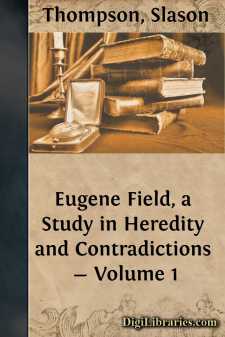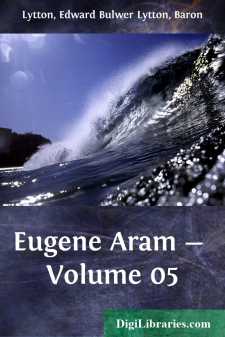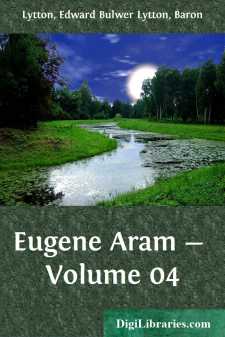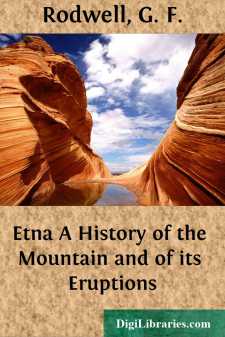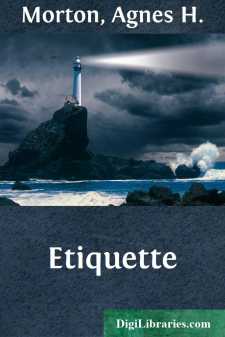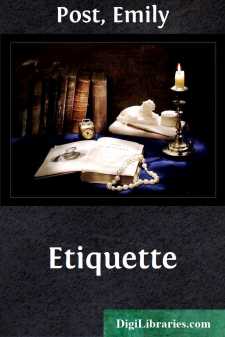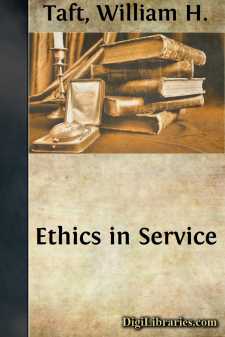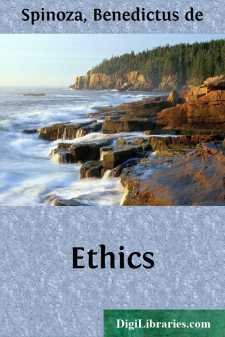Categories
- Antiques & Collectibles 13
- Architecture 36
- Art 48
- Bibles 22
- Biography & Autobiography 813
- Body, Mind & Spirit 142
- Business & Economics 28
- Children's Books 15
- Children's Fiction 12
- Computers 4
- Cooking 94
- Crafts & Hobbies 4
- Drama 346
- Education 46
- Family & Relationships 57
- Fiction 11828
- Games 19
- Gardening 17
- Health & Fitness 34
- History 1377
- House & Home 1
- Humor 147
- Juvenile Fiction 1873
- Juvenile Nonfiction 202
- Language Arts & Disciplines 88
- Law 16
- Literary Collections 686
- Literary Criticism 179
- Mathematics 13
- Medical 41
- Music 40
- Nature 179
- Non-Classifiable 1768
- Performing Arts 7
- Periodicals 1453
- Philosophy 64
- Photography 2
- Poetry 896
- Political Science 203
- Psychology 42
- Reference 154
- Religion 513
- Science 126
- Self-Help 84
- Social Science 81
- Sports & Recreation 34
- Study Aids 3
- Technology & Engineering 59
- Transportation 23
- Travel 463
- True Crime 29
Sort by:
by:
Slason Thompson
CHAPTER I PEDIGREE "Sir John Maundeville, Kt.," was his prototype, and Father Prout was his patron saint. The one introduced him to the study of British balladry, the other led him to the classic groves of Horace. "I am a Yankee by pedigree and education," wrote Eugene Field to Alice Morse Earle, the author of "The Sabbath in Puritan New England," and other books of the same...
more...
"The lopped tree in time may grow again, Most naked plants renew both fruit and flower; The sorriest wight may find release from pain, The driest soil suck in some moistening shower: Time goes by turns, and...
more...
ALL is not well; I doubt some foul play. . . . . . . . . . . . . Foul deeds will rise, Though all the earth o'erwhelm them, to men's...
more...
When Walter left his uncle, he hurried, scarcely conscious of his steps, towards his favourite haunt by the water-side. From a child, he had singled out that scene as the witness of his early sorrows or boyish schemes; and still, the solitude of the place cherished the habit of his boyhood. Long had he, unknown to himself, nourished an attachment to his beautiful cousin; nor did he awaken to the secret...
more...
CHAPTER I. THE VILLAGE.—ITS INHABITANTS.—AN OLD MANORHOUSE: AND AN ENGLISHFAMILY; THEIR HISTORY, INVOLVING A MYSTERIOUS EVENT. "Protected by the divinity they adored, supported by the earth which they cultivated, and at peace with themselves, they enjoyed the sweets of life, without dreading or desiring dissolution." Numa Pompilius. In the country of—there is a sequestered hamlet, which I...
more...
by:
G. F. Rodwell
CHAPTER I. The principal mountain chain of Sicily skirts the North and a portion of the North-eastern coast, and would appear to be a prolongation of the Apennines. An inferior group passes through the centre of the island, diverging towards the South, as it approaches the East coast. Between the two ranges, and completely separated from them by the valleys of the Alcantara and the Simeto, stands the...
more...
by:
Agnes H. Morton
INTRODUCTION As a rule, books of etiquette are written from the standpoint of the ultra-fashionable circle. They give large space to the details of behavior on occasions of extreme conventionality, and describe minutely the conduct proper on state occasions. But the majority in every town and village are people of moderate means and quiet habits of living, to whom the extreme formalities of the world...
more...
by:
Emily Post
INTRODUCTION MANNERS AND MORALS Richard Duffy Many who scoff at a book of etiquette would be shocked to hear the least expression of levity touching the Ten Commandments. But the Commandments do not always prevent such virtuous scoffers from dealings with their neighbor of which no gentleman could be capable and retain his claim to the title. Though it may require ingenuity to reconcile their actions...
more...
by:
William H. Taft
CHAPTER I HISTORY OF THE PROFESSION OF LAW It is not too much to say that the profession of the law is more or less on trial. It is certain that there is a crisis in the life of our courts, and that a great political issue is being forced upon the people, for they must decide whether the courts are to continue to exercise the power they now have, and what character of service they shall be required to...
more...
I. By that which is self—caused, I mean that of which the essence involves existence, or that of which the nature is only conceivable as existent. II. A thing is called finite after its kind, when it can be limited by another thing of the same nature; for instance, a body is called finite because we always conceive another greater body. So, also, a thought is limited by another thought, but a body is...
more...


